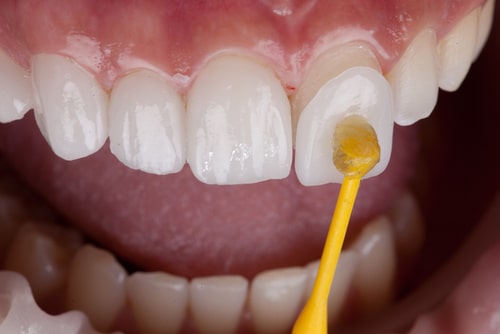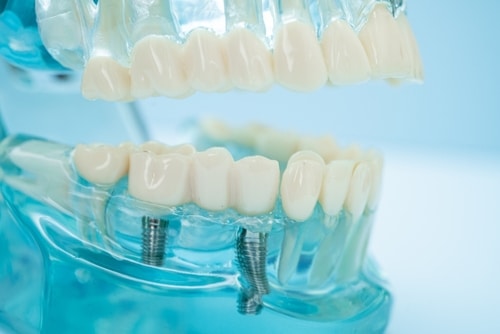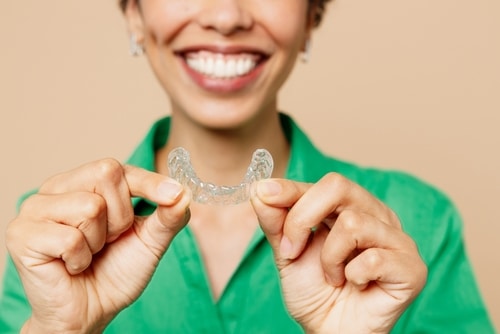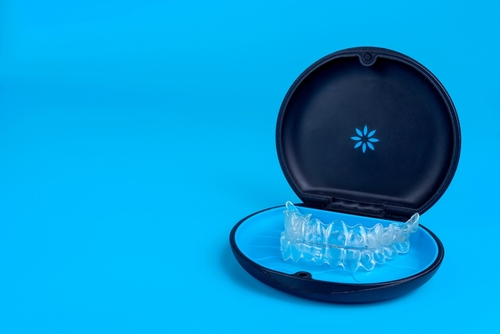Alcohol can have a negative impact on your oral health and may also be bad for your teeth. It’s important to understand the effects of alcohol on your teeth and gums, as well as how to prevent damage from occurring.
We’ll explore the role of alcohol in dental health and provide some tips to help you maintain good oral hygiene while drinking.
Dr Joe Oliver has been a practising dentist for over three decades and has fitted more than 40,000 veneers. He is highly recommended by clients, both current and past, boasting consistent 5-star ratings.
He’s had the distinguished privilege of providing his services to celebrities like Helena Bonham Carter, Sophie Ellis Bextor and Greg Rusedski, and has been featured on Channel 4’s Ten Years Younger, as well as in many popular publications including The Sunday Times and Vogue.
You can book a free online consultation or get in touch to discuss any of Dr Oliver’s cosmetic dental treatments. Call 020 7770 6441 or email info@joeoliverdentist.co.uk for more information.
What are the effects of alcohol on your teeth?
Excessive consumption of alcohol has numerous negative impacts on oral health, such as increasing the risk of oral cancer, cavities, and tooth enamel erosion.
The danger of experiencing physical injury while intoxicated is also greater than when sober due to its effects on your coordination, which increases the likelihood of accidentally slipping, tripping or getting into an accident.
Alcohol abuse and tooth decay
Alcohol abuse has serious implications for your oral health – it increases the amount of plaque in your mouth and heightens the risk of periodontal disease, tooth decay, tooth loss and mouth sores.
Chronic alcohol abuse can also increase your chances of developing cancer in your mouth. So poor dental hygiene may be the least of your worries if your alcohol consumption levels are excessively high.
How does drinking alcohol affect my teeth and oral health?
Regular alcohol consumption can heighten the chances of developing gum disease, and for people already living with it, drinking can worsen the symptoms. Bacteria that cause tooth decay tend to spread even faster when a person has a dry mouth condition due to alcohol intake.
If alcohol abuse also results in vomiting, this can also be problematic for your teeth and oral health. Repeated vomiting can erode tooth enamel so much that it creates a cavity, just as it would with eating sugary food and drinking sugary drinks. This can make your teeth more sensitive and vulnerable to decay. A sign of dental decay may be bleeding gums when brushing.
Does drinking alcohol affect my tongue?
Excessive drinking can cause inflammation of the tongue and gums, as well as angular cheilitis. The early signs are a sore and smooth tongue, coupled with other painful symptoms.
Alcohol consumption can result in dehydration of the entire body and, as a result, dry out the mouth. This drying effect can lead to a white tongue, which is an inflammation of the papillae accompanied by a buildup of dead cells and bacteria. This leads to a white layer on the surface of the tongue.
Does alcohol increase my chances of gum disease?
Poor dental hygiene is usually the primary factor that leads to gum disease. Inadequate brushing or flossing can result in plaque accumulation on the teeth, which can create a breeding ground for bacteria and other harmful substances.
Since alcohol exacerbates your oral health risks, it can be a contributing factor in developing gum disease. The good news is that stopping heavy drinking or reducing your alcohol intake can reverse the damage and lessen the risk of gum disease.
Alcohol abuse and teeth-grinding
Alcohol can negatively affect the quality of sleep by changing the brain’s neurotransmitters and causing your muscles to tense up, thus resulting in nighttime teeth grinding. Additionally, dehydration which is a common side-effect of heavy drinking may also contribute to teeth grinding.
Constant grinding of teeth can lead to various dental issues such as fracturing, loosening, or even loss of teeth. The constant friction may reduce the height and shape of the teeth too. To address these issues, a dentist may need to use bridges, crowns, root canals, implants, partial dentures and in some extreme cases even complete dentures.
How can I protect my teeth and gums from alcohol?
Alcoholic beverages can be as problematic for the teeth as sugary foods, and in some cases even more so. To prevent long-term tooth decay, you should consider reducing your intake of alcoholic drinks or choosing beverages with lower sugar content.
To protect your teeth and gums from alcohol, it’s important to practise good oral hygiene habits, such as brushing and flossing regularly, avoiding sugary drinks, limiting your alcohol intake, and drinking plenty of water. Avoid heavily coloured alcohol and when you’re not drinking, chew sugar-free gum to help with saliva flow in the mouth – this acts as the body’s natural antibacterial cleanser.
Regular dental checkups can help identify any problems early on so you can take steps to prevent further damage. By following these simple tips, you can ensure that your teeth and gums stay healthy despite the occasional alcoholic beverage.
Get in touch
Please contact the clinic if you would like to make an appointment for treatment at any of our clinics in London or Manchester.
Call 020 7770 6441 or email info@joeoliverdentist.co.uk for more information about our cosmetic dental treatments.







